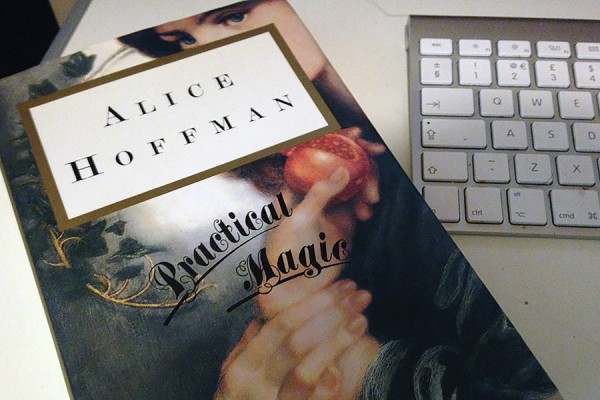 Members of the Clark family unveil a plaque dedicating as “Charles and Anna Clark Corner” the parkette at the southwest intersection of Wyandotte Street and Sunset Avenue.
Members of the Clark family unveil a plaque dedicating as “Charles and Anna Clark Corner” the parkette at the southwest intersection of Wyandotte Street and Sunset Avenue.
The University of Windsor held a ceremony Tuesday to mark the dedication of the Charles and Anna Clark Corner, a new parkette at the corner of Sunset Avenue and Wyandotte Street.
During the event, a plaque was unveiled to honour the late chancellor Charles J. Clark and his wife Anna Clark, recognizing their family’s outstanding history of volunteer leadership in the City of Windsor and at the University.
“Today we show our appreciation for two individuals and their entire family who have contributed so much to the life of our city and our university,” said interim president Douglas Kneale. “How fitting that, for a university that attracts students and faculty from the four corners of the earth, we should name this place a ‘corner’ in honour of one of our greatest university supporters.”
Charles Clark served as chair of the University’s Board of Governors from 1971 to 1974 and chancellor of the University from 1993 to 1996. He received the UWindsor Alumni Award in 1975 in recognition of his service and loyalty to the University.
The Clark Award, established in 1994, recognizes outstanding personal service by alumni volunteers and friends of the University of Windsor who made significant commitments in time, energy, and expertise serving on University committees, boards, or campaigns. Anna Clark was a recipient of the Clark Award in 2011.


